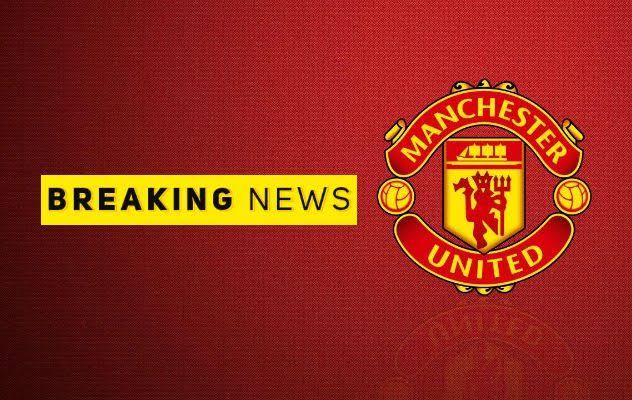This move forms part of the club’s broader strategy to reshape their attacking lineup ahead of the upcoming season, reflecting their ambition to enhance offensive options and remain competitive at the highest level.
Marcus Rashford has been a key figure for Manchester United over the years, contributing important goals and assists since breaking into the first team. His pace, skill, and versatility have made him a valuable asset in the club’s attacking arsenal. However, with the transfer window open and numerous clubs reportedly interested in acquiring his services, Manchester United have taken the step to establish a clear valuation for the England international.
The decision to set a price tag for Rashford signals that the club is willing to entertain offers, provided they meet the valuation that reflects his quality and potential. While Rashford remains an important player, Manchester United’s management understands the need to adapt and evolve the squad to meet new challenges. The club’s goal is to build a more balanced and potent attacking lineup that can compete effectively in both domestic and European competitions.
Interest in Rashford has been reported from several top-tier clubs across Europe, many of whom see him as a prime candidate to bolster their forward line. Manchester United, aware of this demand, are keen to ensure that any potential deal is handled strategically to maximize the club’s benefit. The asking price is expected to be significant, underscoring Rashford’s value not only on the pitch but also in the transfer market.
This development comes amid Manchester United’s wider recruitment and squad restructuring plans. The club has already been linked with various attacking talents as they seek to refresh their roster. Selling Rashford, if the right offer arrives, could provide additional funds to reinvest in new signings who fit the manager’s vision and tactical approach.
For fans, this news may be met with mixed emotions. Rashford has been a fan favorite and a symbol of the club’s academy success. However, the realities of modern football and the club’s ambitions mean that difficult decisions must be made to maintain competitiveness. Manchester United’s willingness to set a price and engage in potential negotiations shows their pragmatic approach to squad management.
Ultimately, this situation highlights the dynamic nature of football transfers and the pressures clubs face to balance loyalty, performance, and strategic planning. As the transfer window progresses, all eyes will be on Manchester United to see how they manage this pivotal stage in their squad evolution and whether Rashford will remain a key figure or move on to a new challenge.
